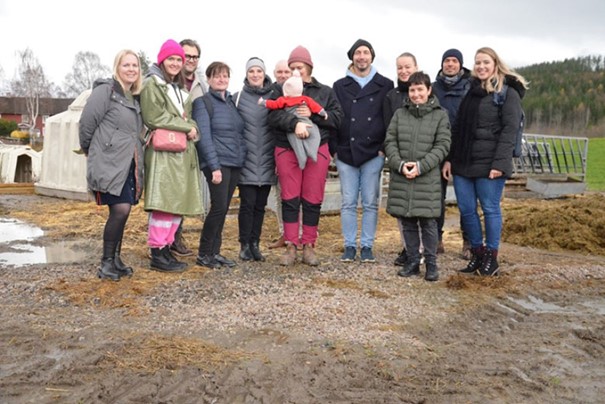
9 November 2023 – The survey on gender equality in rural areas (TERA, 2022) was carried out under the TERA project, supported by the Norway Grants. The research is focused on the possibilities of improving the balance between professional and private life, primarily aimed at relieving the burden on women in rural areas.
The results of the survey show that almost 40% of respondents think that kindergartens, schools, Centres for social work, health centres and homes for the elderly should adapt their activities and services to the specific dynamics of rural life.

First, according to the opinion of the participants, kindergartens and schools should adapt their services by, for example, introducing flexible working hours, adjusting parental responsibilities at school to the work schedule in rural areas, introducing an afternoon shift of childcare, etc.
Second, the research participants stated that Centres for social work can make life easier in rural area by, for example, establishing day centres in villages, increasing their home-based services, adapting treatment to the needs of people in rural areas, and designing new services, etc.
Third, the participants also suggested that health care centres and homes for the elderly can adapt their services by, for example, setting up day centres in rural area, building homes for the elderly in villages and adapting their activities to the needs of rural areas, offering emergency doctors in the rural areas, etc.

All proposals that were highlighted in the research will be included in the guidelines for political decision-makers. The results of the survey will also be presented at the National Symposium on Gender Equality in Rural Areas, which will take place in March 2024 as part of the TERA project.
The TERA project involves the project promoter Development Centre Murska Sobota with project partners Regional Development Agency Posavje, The Gender Equality Research Institute (IPES), Association of Slovenian Rural Youth, the Centre for the Development of Sustainable Society, and Inland Norway University of Applied Sciences from Norway.
Sourse: IPES